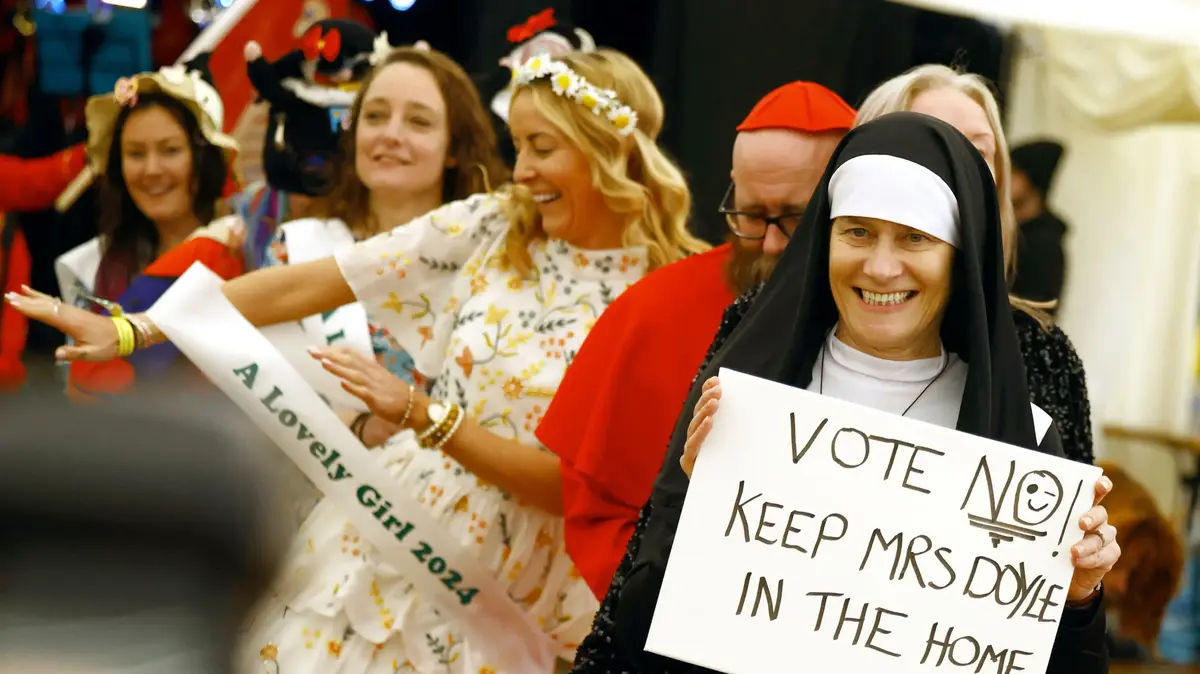In the 76 years of republican history, from 1946 to today,
73 national referendums
have been held (with the five on Sunday, 78 will be reached), of which 67 abrogative, four constitutional, one consultative and one institutional.
The latter concerns precisely the one in which the Italian people were called to choose between monarchy and republic, on June 2, 1946. It was therefore the first referendum and also the only one to have within it, in addition to the questions with the boxes to be ticked, two symbols on the respective options: on the left the face of turreted Italy in the appearance of a young woman and on the right the coat of arms of the Savoy kingdom.
There was a turnout never reached before, with 89.1%.
Of the four 'constitutional' (all carried out in the last 21 years) only two obtained the 'yes': the one on the modification of Title V of the Constitution (2001) and the one on the reduction in the number of parliamentarians (2021).
One of the 'constitutional' also indirectly determined the political fate of a government: in 2016 the then Prime Minister Matteo Renzi resigned shortly after the negative outcome of the referendum (59.12% of 'no') on the Renzi-Boschi constitutional reform .
The only 'consultative' took place in 1989, had a positive outcome and concerned the conferral of a constituent mandate to the European Parliament.
On the other hand, there have been dozens of abrogative referendums (in this case, to be valid, the turnout must be at least 50% plus one of those entitled), some of which have marked epochal watersheds for our country.
The average turnout for questions of this type is 52%.
The first 'repeal' was the one on divorce, in 1974, in which 87.7% of the 37.6 million voters voted (as a number it is the second percentage of turnout ever).
Those opposed to the abolition of divorce won with 59% of the votes, while those in favor were 41%.
Other crucial issues concerned the 1981 referendums: there were five in all, with a quorum reached and a turnout of 79.4%, but no questions passed.
In particular, the majority of voters were against the abolition of life imprisonment (77.4%), against new rules that allowed the possession of weapons (85.9%) and, on abortion, both against the proposal of the Radical Party (88.4%) than against that of the Movement for Life (68%).
Both asked for the repeal of some provisions of law 194 on abortion, but in the opposite sense: the first to make recourse more free, the second to restrict its lawfulness.
Among the abrogative referendums that did not reach the quorum, those that obtained the lowest percentage were held in 2009, where the turnout stopped between 23 and 24%.
The questions were three and concerned the assignment of the majority prize to the most voted list, rather than to the coalition, for the Chamber;
the assignment of the majority prize to the most voted list, rather than to the coalition, for the Senate;
the impossibility for the same person to stand as candidates in several constituencies.
For each individual question, each card has a different color from the others, from pink to yellow through orange or green, defined by the Directorate for Electoral Services of the Ministry of the Interior.
According to the law, 'copying' pencils must be used to vote: even if there were an attempt to remove the stroke, this would remain visible to the naked eye, and they do not transfer to the back of the sheet on which you write.
The same were also used in the past to sign official documents.




